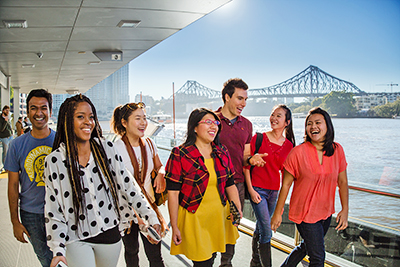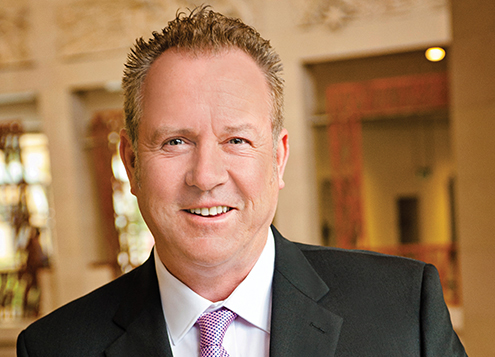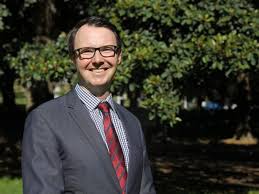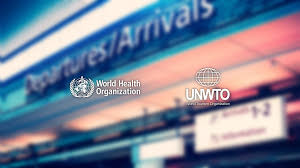SME Travel Toolkit launched by Corporate Traveller
CORPORATE Traveller, the small business travel group, has unveiled what it calls ‘the ultimate SME Travel Toolkit’ to give small business owners a helping hand as they adapt to the ‘new normal’ and begin travelling again.
As the backbone and lifeblood of the Australian economy, SMEs are playing a central role in fuelling post-pandemic recovery and spearheading the return of the business traveller, according to Tom Walley, Corporate Traveller’s global managing director.
He said Corporate Traveller was already seeing a positive trajectory for early 2022 with a significant uplift in bookings, boosted by the Federal Government’s recent decision to reopen the international borders.
This indicated there was a strong desire for in-person meetings and gatherings for successful business development, customer retention, and networking, Mr Walley said. 
Mr Walley said as the dominant player in the SME travel space – “which counts over 1,500 team members serving over 4,000 Australian customers and more than 16,000 globally” – Corporate Traveller has tapped three decades of industry expertise to compile this easy-to-digest complimentary resource.
Available to read and download via the Corporate Traveller website, the 10-part monthly series tackles the most pressing concerns for SMEs.
Mr Walley said the SME Travel Toolkit would also set out to address the myths of managed travel programs by taking readers through the benefits of “enlisting a business travel pro you can trust and rely upon”.
Mr Walley said many business leaders were faced with a new set of challenges, “especially when trying to navigate international travel in the pandemic-era”.
“Travel today can be an overwhelming experience,” Mr Walley said. “The world has changed, which for budget conscious SMEs, has created a more confusing environment especially for those who previously handled their own travel and simply don’t know where to start.
“With international borders reopened in Australia and travel restrictions easing around the world, the desire to travel and connect face-to-face has increased for businesses … as have complications.
“Through our new SME Travel Toolkit, we’ve set out to share our deep industry knowledge to help small business owners decide how to plan and travel easily and safely.”
With the first and second chapters launching in Australia in March 2022, he said readers could expect to benefit from a variety of educational assets to help improve and inform their business travel choices.
“From providing guidance on how to craft the perfect policy to securing the best rates, controlling, and tracking spending to keeping your people safe, Corporate Traveller promises to discuss the issues that are troubling SMEs while offering practical advice,” Mr Walley said.
In keeping with the company’s customer-centric approach, the SME Travel Toolkit will also share details of real-life client issues resolved with Corporate Traveller’s help and support. Useful checklists and other downloadable tools will be offered too.
While Corporate Traveller envisages this content would mostly appeal to growing businesses that typically organise their own travel, it may also benefit companies looking for advice as they reconsider their own programs in the year ahead.
“No two clients are alike – nor too large or small for our assistance,” Mr Walley said.
“With the SME Travel Toolkit series, we’re helping businesses identify the best route and resources needed to maximise their productivity and savings without cutting corners or compromising on safety as they propel their businesses forward in this changed world.”
The first and second chapters in the monthly series are ready to view now. To access and receive subsequent chapters by e-mail, sign up to the following link:
https://www.corporatetraveller.com.au/insights/resources/sme-corporate-travel-toolkit#form
https://www.corporatetraveller.com.au/
ends

 How to resolve AdBlock issue?
How to resolve AdBlock issue? 



